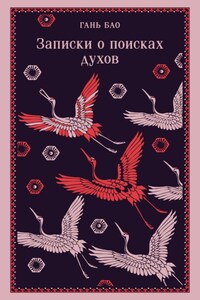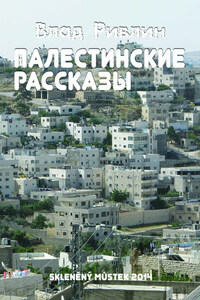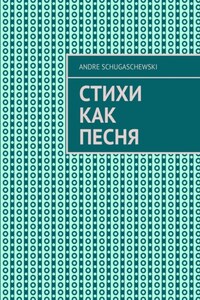"It is an outrage," said Koltan of the House of Masur, "that the Earthmen land among the Thorabians!"
Zotul, youngest of the Masur brothers, stirred uneasily. Personally, he was in favor of the coming of the Earthmen to the world of Zur.
At the head of the long, shining table sat old Kalrab Masur, in his dotage, but still giving what he could of aid and comfort to the Pottery of Masur, even though nobody listened to him any more and he knew it. Around the table sat the six brothers – Koltan, eldest and Director of the Pottery; Morvan, his vice-chief; Singula, their treasurer; Thendro, sales manager; Lubiosa, export chief; and last in the rank of age, Zotul, who was responsible for affairs of design.
"Behold, my sons," said Kalrab, stroking his scanty beard. "What are these Earthmen to worry about? Remember the clay. It is our strength and our fortune. It is the muscle and bone of our trade. Earthmen may come and Earthmen may go, but clay goes on forever … and with it, the fame and fortune of the House of Masur."
"It is a damned imposition," agreed Morvan, ignoring his father's philosophical attitude. "They could have landed just as easily here in Lor."
"The Thorabians will lick up the gravy," said Singula, whose mind ran rather to matters of financial aspect, "and leave us the grease."
By this, he seemed to imply that the Thorabians would rob the Earthmen, which the Lorians would not. The truth was that all on Zur were panting to get their hands on that marvelous ship, which was all of metal, a very scarce commodity on Zur, worth billions of ken.
Lubiosa, who had interests in Thorabia, and many agents there, kept his own counsel. His people were active in the matter and that was enough for him. He would report when the time was ripe.
"Doubtless," said Zotul unexpectedly, for the youngest at a conference was expected to keep his mouth shut and applaud the decisions of his elders, "the Earthmen used all the metal on their planet in building that ship. We cannot possibly bilk them of it; it is their only means of transport."
Such frank expression of motive was unheard of, even in the secret conclave of conference. Only the speaker's youth could account for it. The speech drew scowls from the brothers and stern rebuke from Koltan.
"When your opinion is wanted, we will ask you for it. Meantime, remember your position in the family."
Zotul bowed his head meekly, but he burned with resentment.
"Listen to the boy," said the aged father. "There is more wisdom in his head than in all the rest of you. Forget the Earthmen and think only of the clay."
Zotul did not appreciate his father's approval, for it only earned him a beating as soon as the old man went to bed. It was a common enough thing among the brothers Masur, as among everybody, to be frustrated in their desires. However, they had Zotul to take it out upon, and they did.
Still smarting, Zotul went back to his designing quarters and thought about the Earthmen. If it was impossible to hope for much in the way of metal from the Earthmen, what could one get from them? If he could figure this problem out, he might rise somewhat in the estimation of his brothers. That wouldn't take him out of the rank of scapegoat, of course, but the beatings might become fewer and less severe.
By and by, the Earthmen came to Lor, flying through the air in strange metal contraptions. They paraded through the tile-paved streets of the city, marveled here, as they had in Thorabia, at the buildings all of tile inside and out, and made a great show of themselves for all the people to see. Speeches were made through interpreters, who had much too quickly learned the tongue of the aliens; hence these left much to be desired in the way of clarity, though their sincerity was evident.
The Earthmen were going to do great things for the whole world of Zur. It required but the cooperation – an excellent word, that – of all Zurians, and many blessings would rain down from the skies. This, in effect, was what the Earthmen had to say. Zotul felt greatly cheered, for it refuted the attitude of his brothers without earning him a whaling for it.
There was also some talk going around about agreements made between the Earthmen and officials of the Lorian government, but you heard one thing one day and another the next. Accurate reporting, much less a newspaper, was unknown on Zur.
Finally, the Earthmen took off in their great, shining ship. Obviously, none had succeeded in chiseling them out of it, if, indeed, any had tried. The anti-Earthmen Faction – in any culture complex, there is always an "anti" faction to protest any movement of endeavor – crowed happily that the Earthmen were gone for good, and a good thing, too.
Such jubilation proved premature, however. One day, a fleet of ships arrived and after they had landed all over the planet, Zur was practically acrawl with Earthmen.
Immediately, the Earthmen established what they called "corporations" – Zurian trading companies under terrestrial control. The object of the visit was trade.








